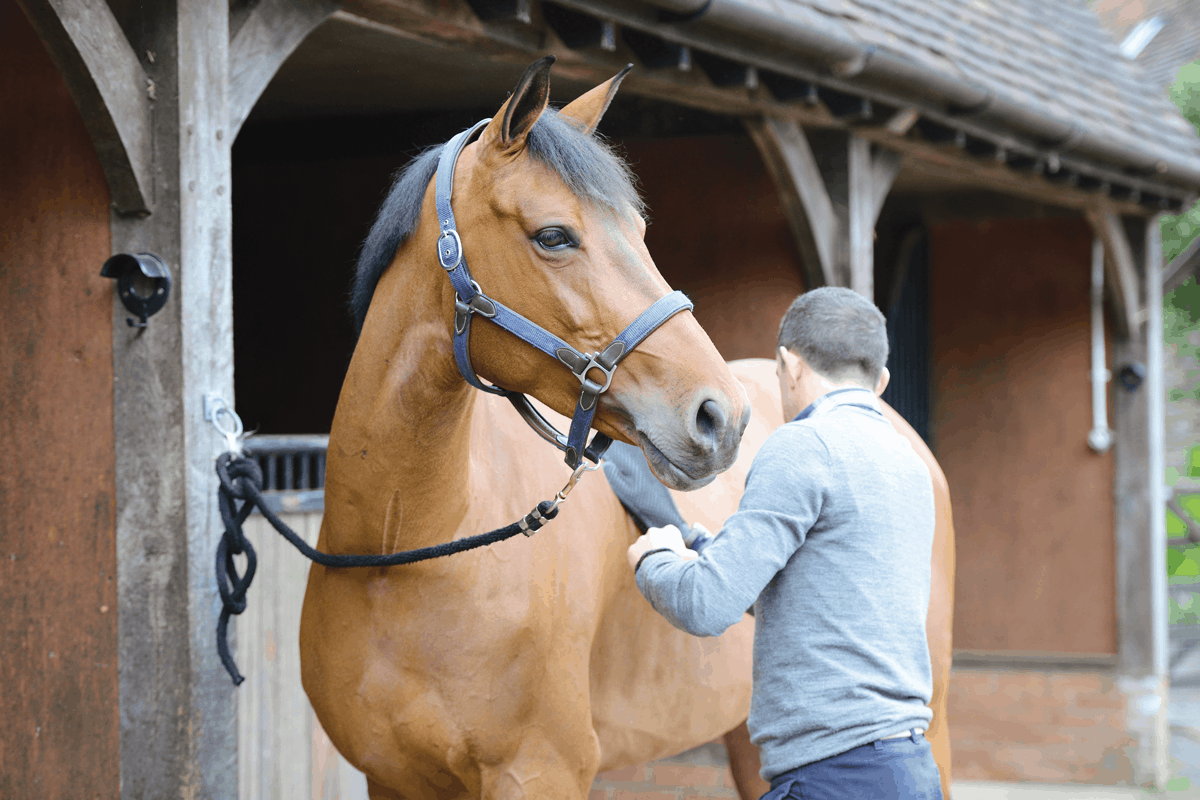Have you ever wanted to compete in a horseback riding competition? Whether you’re a seasoned rider or just starting out, preparing for a competition can be both exciting and nerve-wracking. But fear not, because in this article, we’ll dive into the world of horseback riding competitions and give you all the tips and tricks you need to know to prepare yourself for the big day. So grab your riding boots and let’s get started!
First things first, it’s important to make sure you and your horse are both in top shape. This means regular exercise and conditioning for both of you. You can start by creating a training schedule that includes riding sessions, as well as other exercises such as lunging or ground work. It’s also crucial to maintain a balanced diet for your horse, as nutrition plays a key role in their overall performance. In addition, make sure to take care of yourself too! Proper physical fitness and mental preparation will go a long way in helping you perform your best in the competition ring.
Ready to learn more about how to prepare for horseback riding competitions? Head over to our blog post on “http://horsebackridingdude.com” where we’ll delve deeper into topics such as choosing the right tack and equipment, mental preparation techniques, and understanding the different types of competitions. Along with our expert advice, we’ll also share personal stories from riders who have been there and done that, so you can learn from their experiences. So stay tuned, because with our help, you’ll be ready to take on any horseback riding competition that comes your way!
How to Prepare for Horseback Riding Competitions
Horseback riding competitions offer individuals the opportunity to showcase their skills and compete against fellow riders in various disciplines. Whether you’re a beginner or an experienced rider, participating in these competitions can be a rewarding experience. In this article, we will explore what horseback riding competitions are, the benefits of competing, how to prepare for competitions, necessary equipment and gear, understanding the rules and regulations, mental preparation, nutrition and hydration tips, managing competition day, tips for a successful performance, understanding scoring and feedback, sportsmanship and etiquette, dealing with challenges and setbacks, and post-competition recovery and reflection.
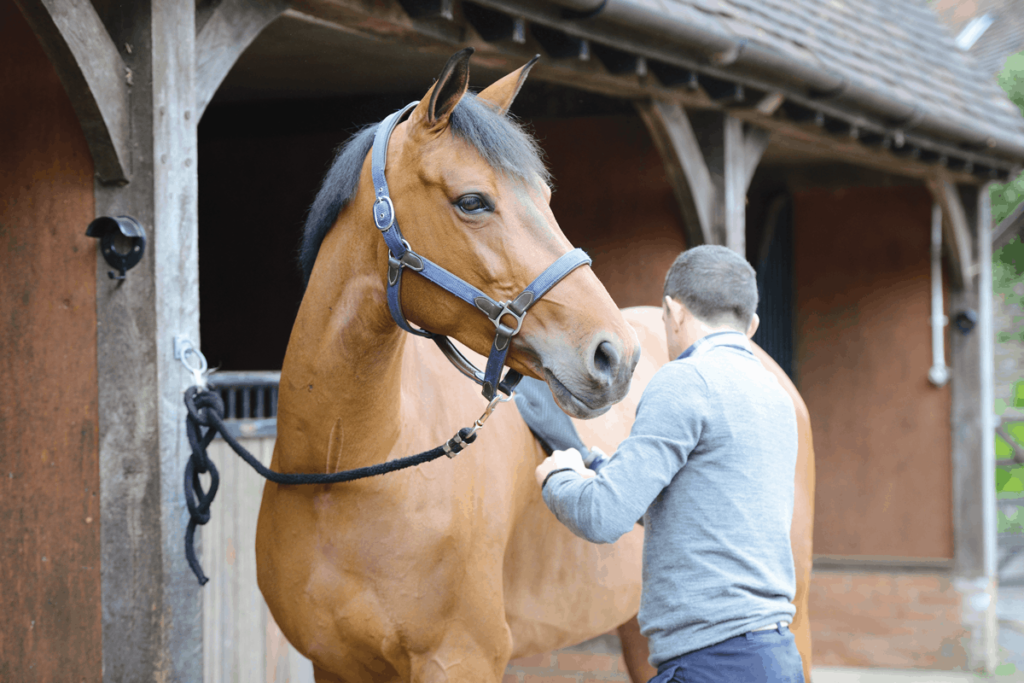
What is Horseback Riding Competition?
Definition of horseback riding competition
Horseback riding competition refers to organized events where riders and their horses compete in various disciplines to showcase their abilities and skills. These competitions often include different classes and levels to cater to riders of all experience levels. The goal is to perform specific maneuvers and techniques with precision, grace, and style to impress the judges and earn points.
Different types of horseback riding competitions
There are several types of horseback riding competitions that cater to different riding styles and disciplines. Some of the most popular ones include:
- Dressage: This is a discipline that focuses on the precise execution of predetermined movements and patterns. It showcases the horse’s obedience, balance, and flexibility.
- Show Jumping: Also known as stadium jumping, this competition involves navigating a series of obstacles in an arena within a specified time. The goal is to jump cleanly and efficiently, without knocking down any jumps.
- Cross Country: This is a thrilling event that takes place in a large outdoor area with natural obstacles such as logs, ditches, and water jumps. The rider must navigate the course within a specified time, showcasing the horse’s athleticism and bravery.
- Western Pleasure: This competition focuses on the smoothness and grace of the horse’s movements. Riders showcase their horse’s ability to perform gaits such as the walk, jog, and lope in a relaxed manner.
- Barrel Racing: In this fast-paced event, riders guide their horses around three barrels in a cloverleaf pattern. The fastest time wins, and precision and agility are key.
- Eventing: Eventing combines dressage, cross country, and show jumping, testing the horse and rider’s overall versatility and skill.
Each discipline requires specific training, techniques, and equipment. It’s essential to choose a discipline that aligns with your interests, skills, and the abilities of your horse.
Benefits of Competing in Horseback Riding
Competing in horseback riding competitions offers a range of benefits for riders of all ages and skill levels. Some of the significant advantages include:
Improved horsemanship skills
Competing in horseback riding requires riders to continually improve their horsemanship skills. From learning proper riding techniques to mastering complex maneuvers, competitions push riders to refine their abilities. The feedback from judges and fellow competitors can also provide valuable insights for improvement.
Building confidence and self-esteem
Participating in horseback riding competitions can significantly boost confidence and self-esteem. The process of preparing for and successfully competing in an event requires determination, focus, and perseverance. Achieving personal goals and receiving recognition for your skills can significantly enhance your self-belief.
Opportunity for personal growth and development
Competing in horseback riding provides an excellent opportunity for personal growth and development. It teaches riders valuable skills such as discipline, patience, and perseverance. It also promotes responsibility, as riders must care for and manage their horses effectively. Additionally, the friendships and connections made within the equestrian community can contribute to personal growth.
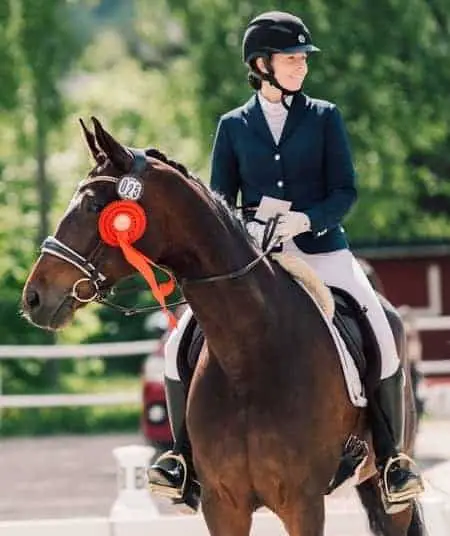
Preparing for Horseback Riding Competitions
Preparing effectively for horseback riding competitions is crucial to ensure a successful performance. Here are some essential steps to consider:
Setting goals and creating a training plan
Before starting your competition preparation, it’s important to set specific, achievable goals. Determine what you want to achieve in the competition and break it down into smaller, manageable milestones. Once you have your goals, create a training plan that includes regular practice sessions, riding lessons, and any additional training necessary for your chosen discipline.
Physical conditioning and fitness training
Competing in horseback riding requires physical fitness, endurance, and coordination. Regular exercise and strength training are crucial for both riders and horses. Incorporate exercises that focus on core strength, flexibility, and balance. Additionally, cardio exercises such as jogging or cycling can improve your overall stamina.
Developing a strong bond with your horse
Building a strong bond with your horse is essential for effective communication and trust in the competition arena. Spend quality time with your horse outside of training sessions, groom and care for them regularly, and involve them in various activities to develop a deep and meaningful connection.
Practicing various riding techniques and maneuvers
Depending on your chosen discipline, it’s crucial to practice and refine specific riding techniques and maneuvers. Work with your trainer or coach to identify areas that need improvement and create a training plan that focuses on developing those skills. Regular practice sessions will help you build muscle memory and enhance your riding abilities.
Equipment and Gear for Competitions
Choosing the right equipment and gear is essential for both the rider’s comfort and the horse’s performance in competitions. Here are some key considerations:
Choosing the right saddle and bridle
The saddle and bridle are critical pieces of equipment that directly impact the rider’s position, balance, and communication with the horse. Seek professional guidance to determine the appropriate saddle type and size for your discipline. The bridle should fit the horse comfortably without causing any discomfort or pain.
Proper riding attire and safety gear
Wearing appropriate riding attire not only presents a more professional appearance but also ensures rider safety and comfort. Depending on the discipline, appropriate attire may include breeches, tall boots, a helmet, and a riding jacket. Always prioritize safety by wearing an approved equestrian helmet and any other necessary safety gear required by your competition or discipline.
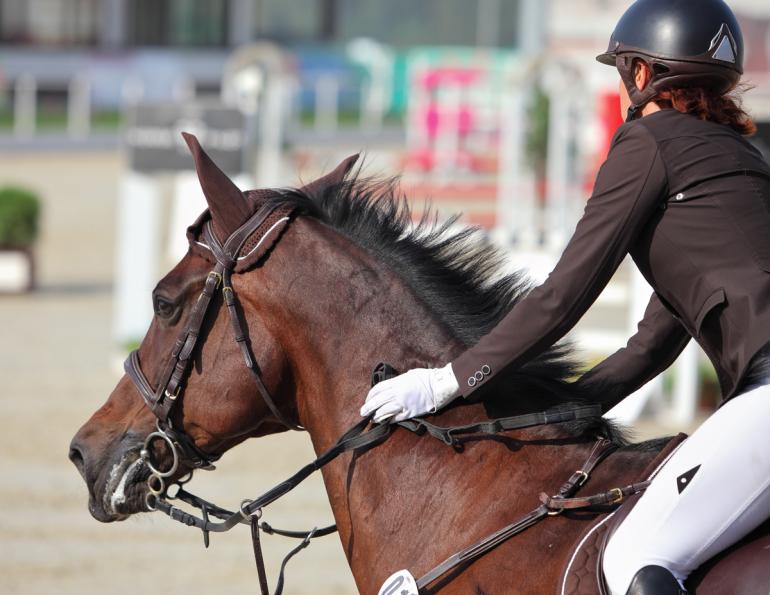
Understanding the Rules and Regulations
To compete effectively, it’s essential to familiarize yourself with the specific rules and regulations of your chosen discipline. Consider the following aspects:
Familiarizing yourself with competition rules
Different disciplines have different rules regarding attire, equipment, and conduct in the competition arena. Read and understand the rulebook of your chosen discipline or consult with experienced riders and trainers to ensure compliance with all regulations.
Learning about scoring and judging criteria
Understanding the scoring and judging criteria is crucial for maximizing your performance. Learn how each movement or maneuver is scored and what judges are looking for. Attend competitions as a spectator to gain a better understanding of how scoring works and to observe successful competitors in your discipline.
Mental Preparation for Competitions
Aside from physical preparation, mental preparation is equally important for successful competition performances. Here are some tips for mental preparation:
Visualizing success and positive mindset
Visualization is a powerful tool that can help you mentally prepare for competitions. Take time to imagine yourself performing your routines flawlessly, feeling confident and in control. Maintain a positive mindset and focus on your strengths rather than dwelling on potential challenges.
Dealing with competition nerves and anxiety
It’s natural to experience nervousness and anxiety before competitions. To overcome these feelings, develop a pre-competition routine that includes relaxation techniques such as deep breathing exercises or meditation. Engage in activities that help you relax and maintain a calm state of mind.
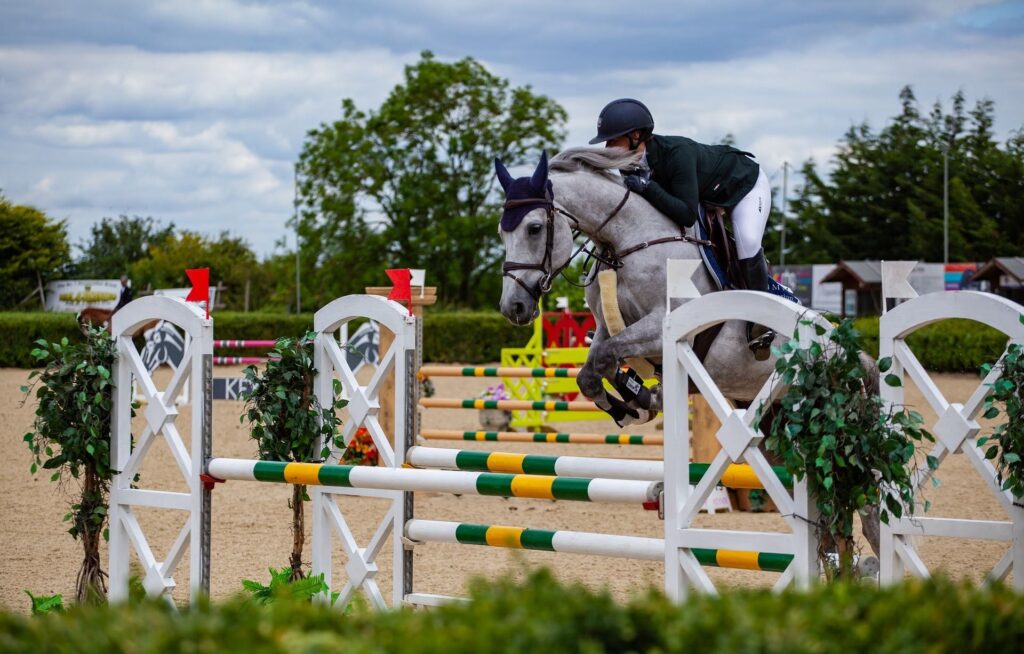
Nutrition and Hydration
Proper nutrition and hydration play a vital role in the rider’s overall performance and the horse’s well-being during competitions. Consider the following factors:
Importance of a balanced diet
Maintaining a balanced diet rich in fruits, vegetables, lean proteins, and whole grains is essential for optimal performance. Proper nutrition provides the energy and nutrients needed to support physical endurance and mental focus.
Hydration tips for riders
Staying hydrated is crucial for both the rider and the horse. Drink plenty of water throughout the day, especially during training sessions and competitions. Avoid excessive consumption of sugary drinks or caffeine, as they can lead to dehydration.
Managing Competition Day
Proper management and organization on competition day can significantly impact your performance. Consider the following tips:
Arriving early and setting up
Arrive at the competition venue early to allow ample time for preparation. Set up your equipment, tack, and any other necessary items well in advance. Familiarize yourself with the layout of the venue, warm-up areas, and competition arenas.
Warming up and preparing your horse
A thorough warm-up is vital to prepare both you and your horse for the competition. Begin with light exercises to loosen up your muscles, followed by focused warm-up exercises specific to your discipline. Ensure your horse is properly warmed up, including stretching exercises and light riding.
Staying focused and handling stress during the event
Competition days can be stressful, but it’s crucial to stay focused and composed. Prioritize yourself and your horse’s well-being, and try to remain calm throughout. Focus on your preparation and routine, rather than comparing yourself to other competitors.
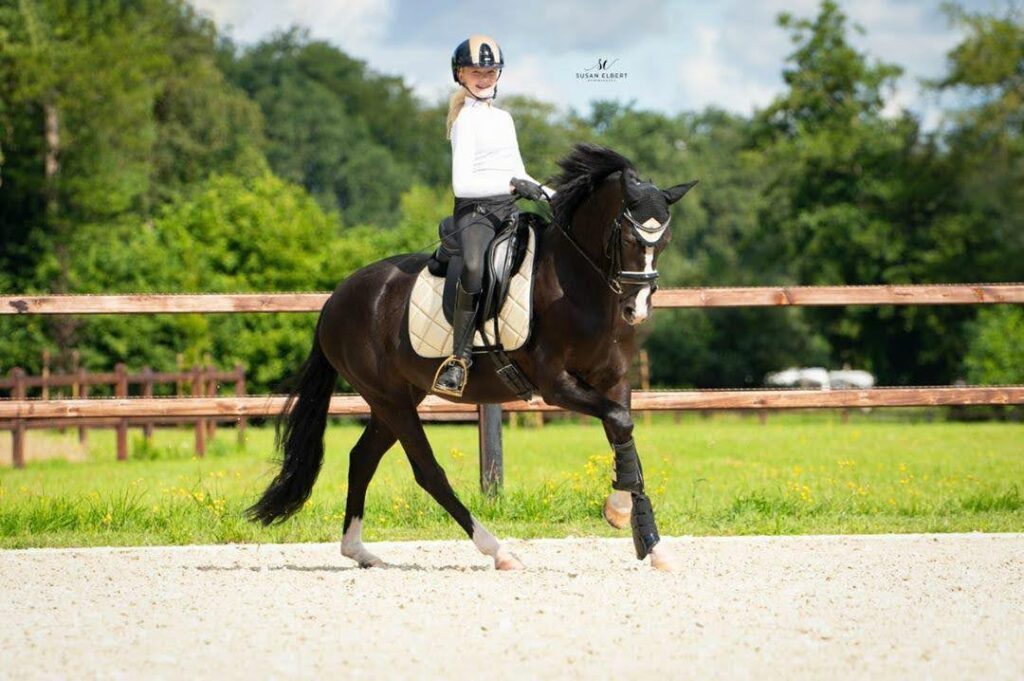
Tips for a Successful Performance
To enhance your chances of a successful performance, consider the following tips:
Riding with confidence and control
Confidence and control are essential in every discipline. Maintain a strong and confident posture while riding, and communicate effectively with your horse through clear aids and cues. Trust your training and your horse’s abilities.
Effective communication with your horse
Successful performances often rely on clear communication between the rider and the horse. Develop strong riding and communication skills, and practice giving precise aids to ensure your horse understands your cues.
Executing smooth transitions and maneuvers
Smooth and seamless transitions between movements and maneuvers can greatly enhance your performance. Master the art of precise and effortless transitions, paying attention to timing, balance, and coordination with your horse.
Understanding Scoring and Feedback
After a competition, understanding the scoring and feedback provided by the judges is crucial for improvement. Consider the following:
Interpreting score sheets and feedback from judges
Review your score sheets and feedback from judges to gain insights into your performance. Identify areas where you excelled and areas where improvement is needed. Seek guidance from experienced trainers or coaches to develop a plan for addressing these areas.
Identifying areas for improvement
Use the feedback received from judges to identify specific areas that require improvement. Focus on these areas during your training sessions and work with your trainers to develop strategies to enhance your skills and performance.
Sportsmanship and Etiquette
Demonstrating good sportsmanship and practicing proper etiquette is essential in horseback riding competitions. Consider the following:
Respecting fellow competitors
Treat your fellow competitors with respect and support. Wish them luck before their rides and congratulate them on their successes. Remember that competitions are a chance to showcase your skills while fostering positive relationships within the equestrian community.
Demonstrating good sportsmanship
Be gracious in both victory and defeat. Celebrate your successes humbly and acknowledge the efforts of other riders. Support your teammates and competitors by offering encouragement and assistance when needed.
Following competition etiquette
Familiarize yourself with the specific competition etiquette of your discipline. This may include rules regarding warm-up arenas, passing other competitors, and general conduct during competitions. Observe and abide by these rules to maintain a positive competition experience for all participants.
Dealing with Challenges and Setbacks
Challenges and setbacks are a natural part of any competitive pursuit. Here’s how to handle them:
Overcoming obstacles and setbacks
It’s important to approach obstacles and setbacks as learning opportunities rather than failures. Analyze the situation, identify areas for improvement, and adjust your training plan accordingly. Maintain a positive attitude and stay focused on your long-term goals.
Managing disappointment and learning from mistakes
Competitions are not always about winning. It’s important to manage and cope with disappointment when things don’t go as planned. Rather than dwelling on mistakes, use them as valuable learning experiences to improve your skills and performance in future competitions.
Post-Competition Recovery and Reflection
After a competition, take the time to recover and reflect on your performance. Consider the following:
Taking care of your horse post-competition
Your horse’s well-being should be a top priority after a competition. Provide them with proper cool-down exercises, ensure they are well-hydrated, and attend to any immediate care or veterinary needs. Give your horse ample rest and relaxation to recover from their performance.
Reflecting on your performance and setting future goals
Reflect on your performance in the competition, considering both the positives and areas for improvement. Identify the skills and techniques that worked well and those that need further development. Set new goals for future competitions and create a plan to achieve them, incorporating the lessons learned from the previous event.
Conclusion
Preparing for horseback riding competitions requires dedication, focus, and a comprehensive training plan. By setting goals, developing a bond with your horse, practicing various riding techniques, and understanding the rules and regulations, you’ll be well-prepared to showcase your skills and compete at your best. Remember to prioritize safety, maintain a positive mindset, and enjoy the journey of improvement and personal growth that comes with competing in horseback riding. Good luck!
